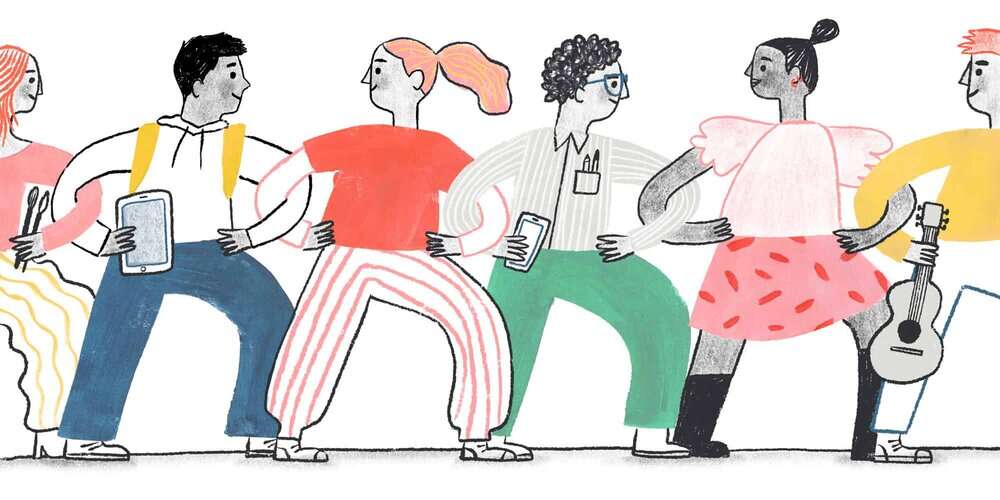Why is repair important in parent-teen relationships?
Repairing moments of conflict or miscommunication builds trust and emotional safety between people. When individuals take responsibility for their part in a disagreement and work to reconnect, they demonstrate that relationships can withstand imperfection. This not only strengthens bonds but teaches valuable skills for handling conflict in future interactions. Research shows that it's not the absence of conflict that creates healthy relationships, but rather how effectively people navigate and repair those inevitable difficult moments.
We all make communication mistakes in relationships. We might say something hurtful during an argument, make a rude or judgmental remark, or unintentionally offend someone by using the wrong words or tone. These types of communication breakdowns happen not just with spouses or friends, but with our kids, too. And they will certainly say or do things that upset us as well.
Experiencing ruptures in a parent-child relationship is unavoidable, and actually presents opportunities to strengthen relationships. The rupture repair is the critical part. Repairing a rupture entails actively listening to your child’s feelings, acknowledging the hurt, and apologizing where appropriate.
Working to restore trust and connection lets young people know that you value and respect them and helps to foster positive long-term relationships. This may contrast with cultural norms and values you may be used to, but it gives teens a chance to exercise self-regulation and resilience. Practicing repair with your kids and modeling it yourself can help them learn to apply this skill in their own relationships.
After an argument or communication breakdown:
- Take some time for both of you to cool off if emotions are running high.
- Consider whether a repair conversation would be helpful for your teen, even if this isn’t the type of communication you are used to.
- Let your teen know that you’d like to have a conversation about what happened in your interaction. You might say, “That was not me at my best. I’d like another chance to do better.”
- Before the conversation, tell your teen that you are going to take time to think about how you feel, why you’re upset, and what you need. Ask them to do the same.
- Think about how to state your feelings and needs respectfully. What emotions might come up? How do you tend to react when things get heated, and how can you temper those emotions and feelings if they come up in the repair conversation or in the future? (See Co-regulation).
— submitted by a Parent
Then, talk with your child in a comfortable place. These tips can help:
- Maintain open body language and a neutral facial expression. Consider sitting, avoid defensive body language such as crossing your arms in front of you, and keep your voice calm.
- Apologize and take accountability for how you reacted or for what you said that was hurtful. Avoid making excuses or justifying your actions.
- Show that you care about the relationship. Remind your child that you love and value them as a person even when their behavior upsets you.
- Ask your teen to explain calmly how they feel and what they need. Listen closely to what your child has to say and validate their feelings, remembering that validating is not the same as agreeing with them.
- Calmly state how you feel and what you need.
- Negotiate ways to meet both your needs. You may need to compromise, but you as the parent have the final say.
Here are some example repair responses:
- “I realize that what I said was hurtful, and I apologize. I want to try to be here for you no matter what, even when we disagree.”
- “I was upset earlier and shouldn’t have shouted at you. That was not okay. I want to tell you about my concerns in a calm way, and I need you to respond calmly, too.”
- “I don’t think I handled that the best way I could. I wish I hadn’t said what I did.”
- “I realized I overreacted. I was too harsh and that was not fair. Can we talk about this some more?”
For more on Repair, read Opens in a new tabThe Positive Value of Conflict Resolution from The Clay Center for Young Healthy Minds.
Other tools to support young people:
Giving Support
Learn how to be there for young people who may be struggling with their mental health.













